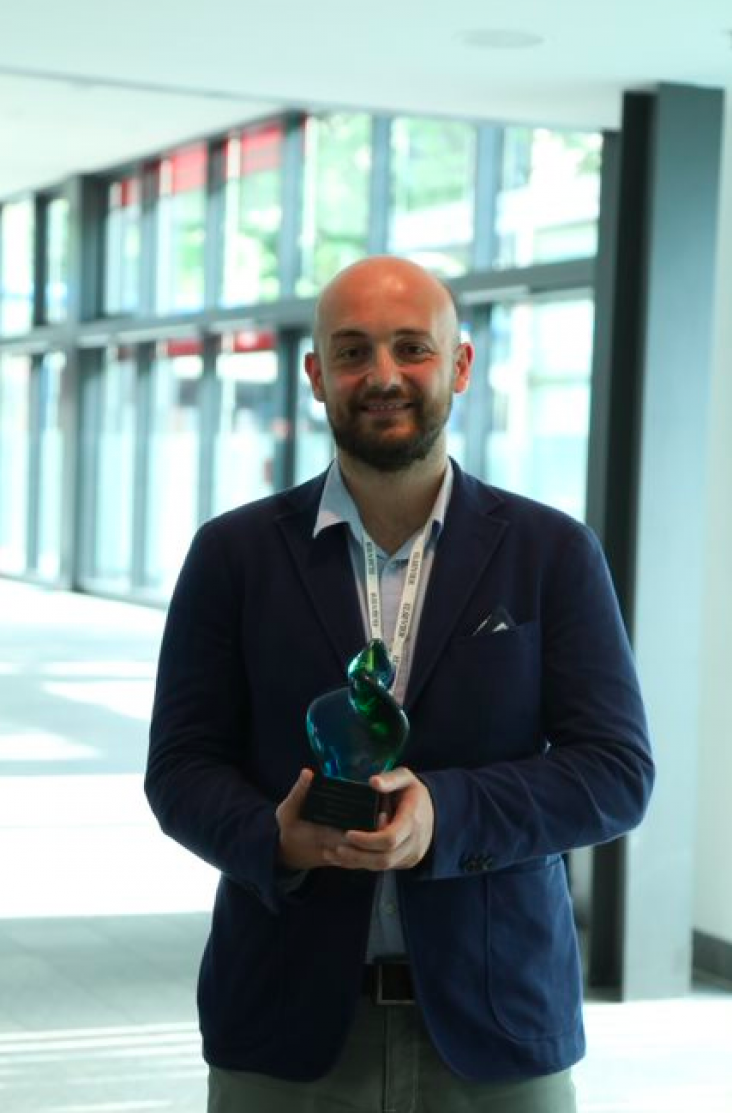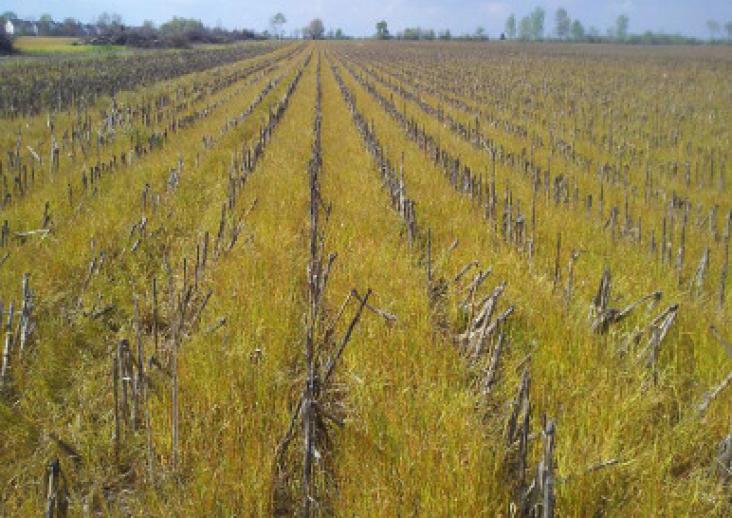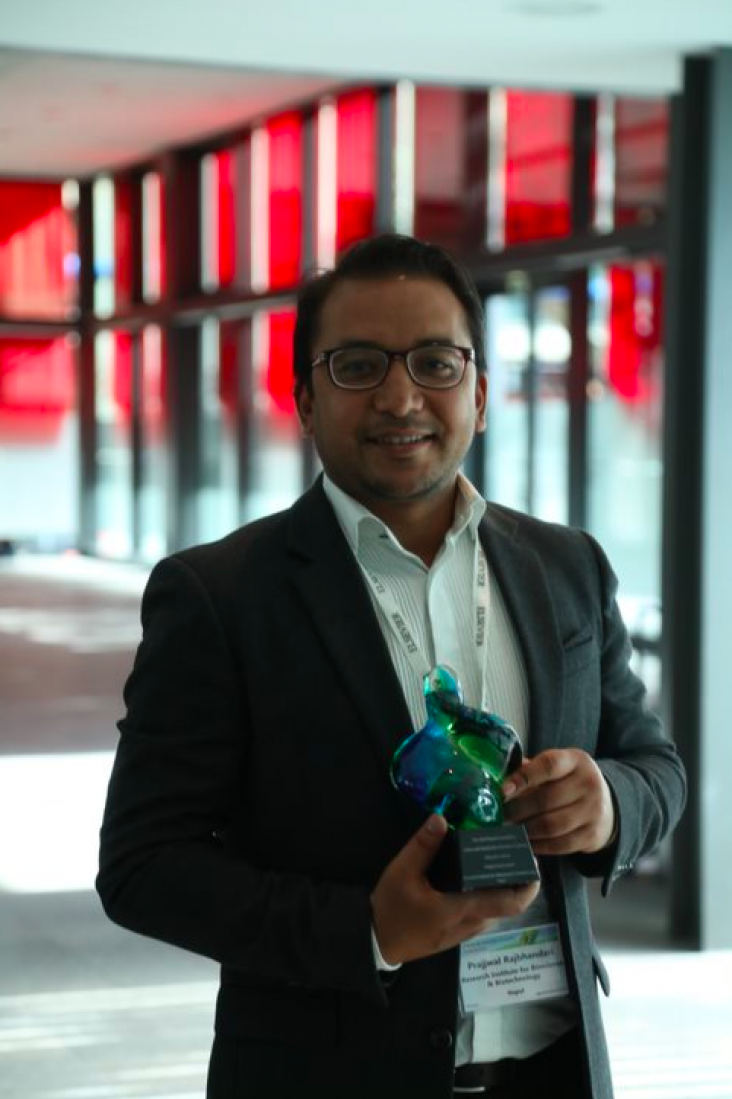The dichotomous divide between vegetarians and omnivores seems clear: Omnivores eat meat, whereas vegetarians do not.
Entomophagy is increasingly seen as a potential solution to provide a sustainable source of protein. However, the attitude of Western consumers towards insect-based products is generally negative.
Food production entails a series of steps and operations that convert raw biomass into final products suitable for human consumption.
Viticulture is a valuable sector worldwide with an extraordinary socio-economic impact in Spain.

In 2018, Dr. Alessio Adamiano, a researcher for the Italian National Research Council at the Institute of Science and Technology for Ceramic Materials, was awarded the second prize of €25,000. Contributing to SDGs 2, 13 and 14, his project, “Phos-Fate: Empowering fishing communities for climate change”, demonstrated how phosphorous can be recycled in a simple, scalable way by converting fish bones into products such as fertilizers. Two years later, we interviewed Dr. Adamiano about his experience at the Challenge, as well as the upcoming steps for his project empowering fishing communities for climate change.
Agriculture consumes huge amounts of water in China and is profoundly affected by climate change. This study projects the agricultural water use towards 2030 under the climate change mitigation target at the provincial level in China by linking a computable general equilibrium (CGE) model and a regression model.

Climate, land use and land cover (LULC) changes are among the primary driving forces of soil loss.

Tillage is the most common agricultural practice dating back to the origin of agriculture. In recent decades, no-tillage (NT) has been introduced to improve soil and water quality.
Background: In humanitarian contexts, ensuring access to safe, nutritious, good quality and culturally appropriate food in the right quantity at the right time and place during an emergency or a protr

In 2018, Dr. Prajwal Rajbhandari was awarded the first prize of the Elsevier Foundation Green and Sustainable Chemistry Challenge for his project, “Guava leaves as natural preservatives for farmers of Nepal.” Due to a lack of viable non-toxic preservatives, or cold chain technologies, one-third of Nepal’s produce is spoiled before it reaches market each year. Dr. Rajbhandari’s project taps the antioxidant and antimicrobial properties of guava leaves to make a water-based, sprayable natural preservative, contributing to SDGs 2, 12 and 15. Two years later, we interviewed Dr. Rajbhandari about his experience as a winner, as well as the upcoming steps for his project.
